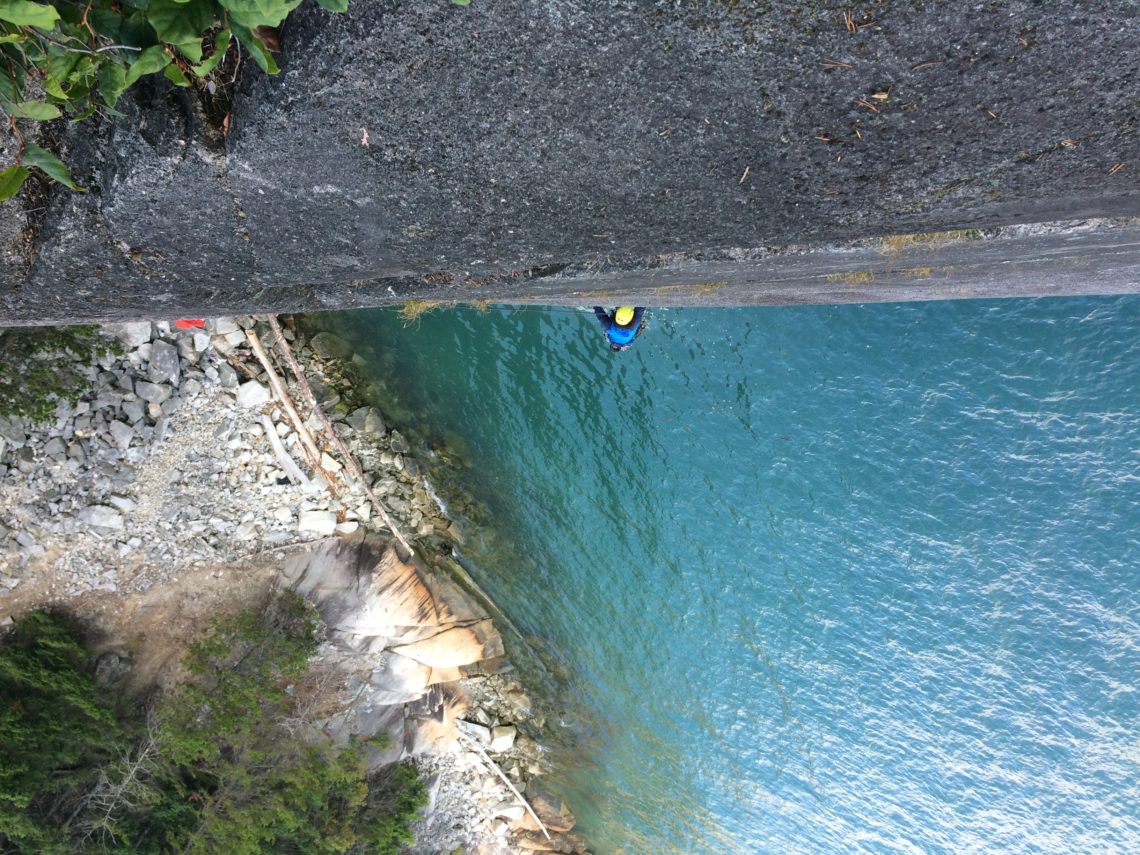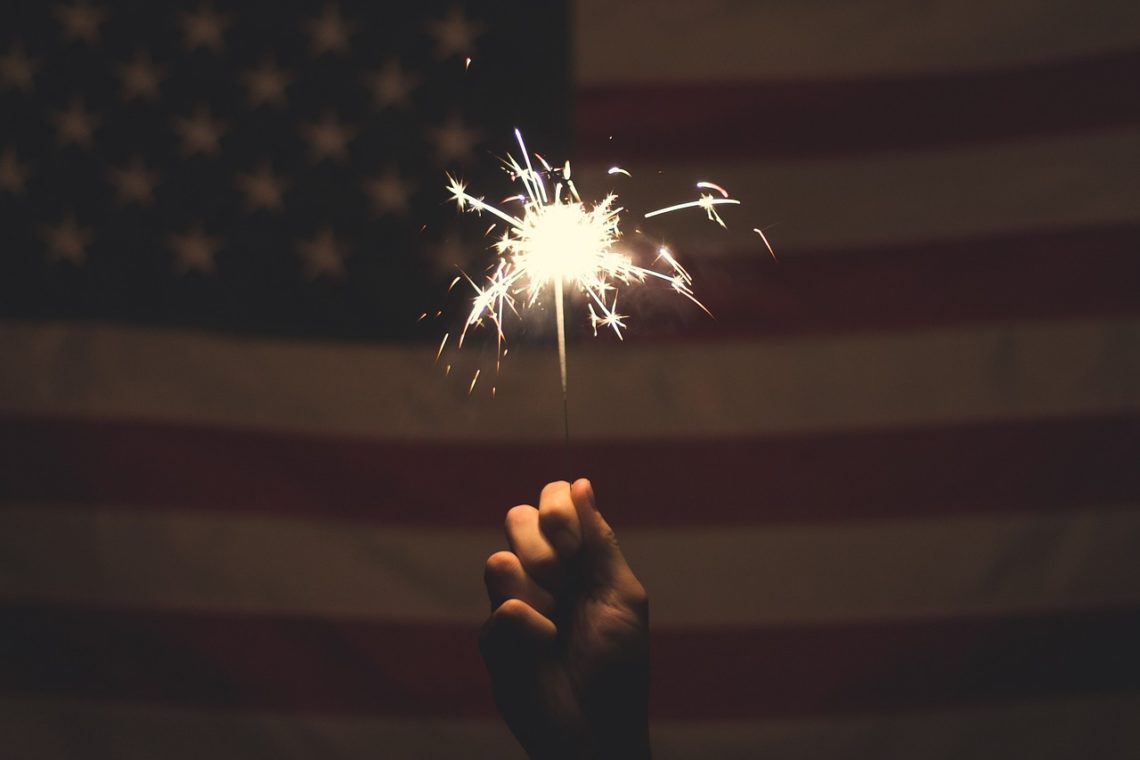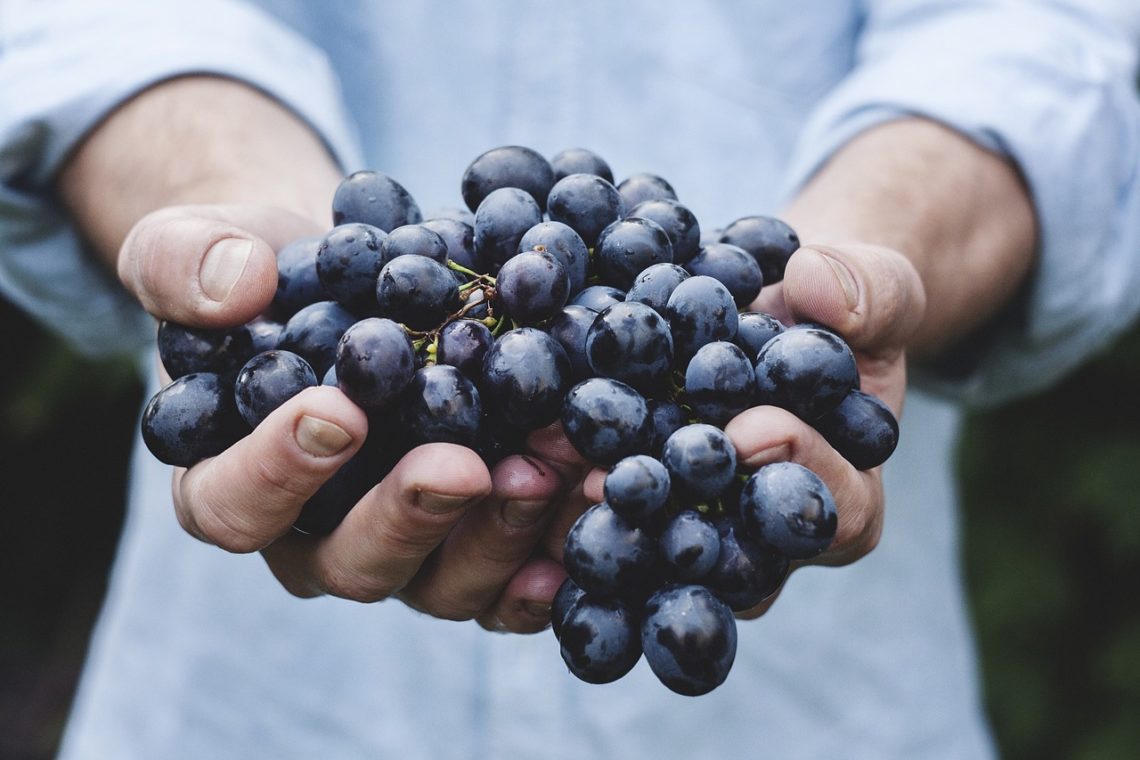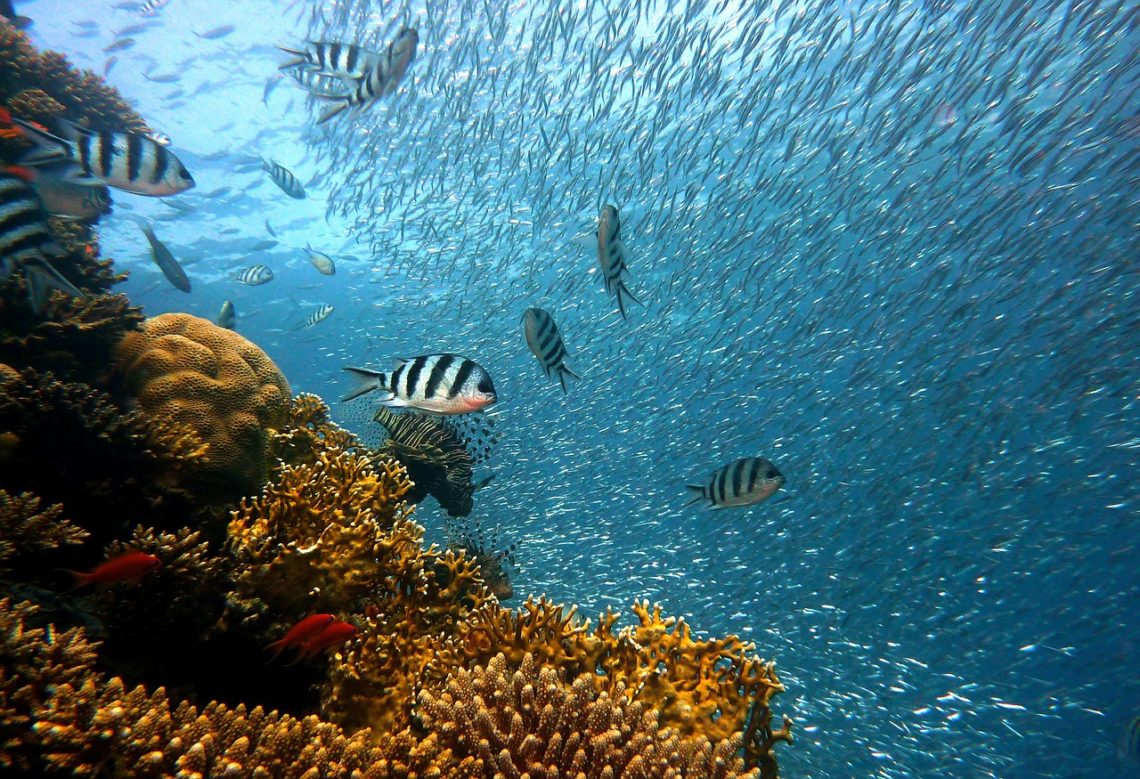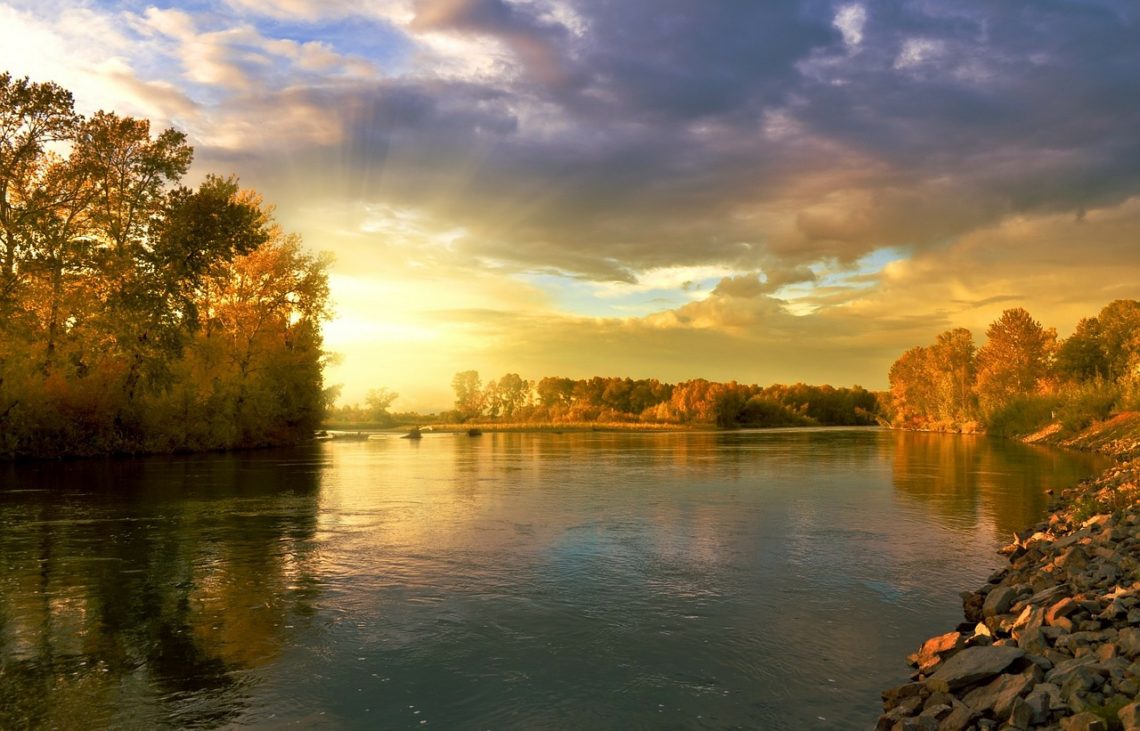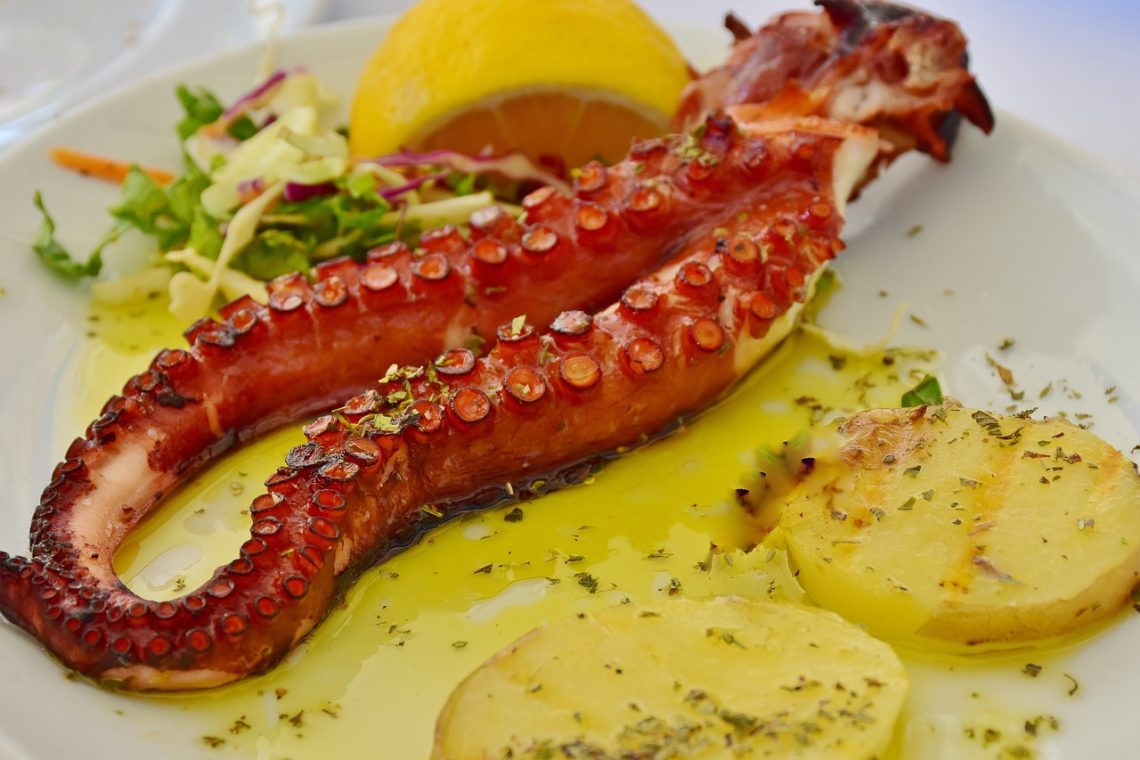By Peter Venardos The ruffling of sleeping bags and zippers is just enough noise to wake him up. He doesn’t mind though, because he knows he still has an hour of rest left. Laying in the damp sleeping bag, he falls back to sleep running through what to expect on the climb they will embark on in a few hours. “Waters hot!” His partner yells through the tent vestibule. Stiff and groggy, he crawls out to start the morning ritual with instant coffee, oatmeal, and the highlight of their dirtbag diet: graham crackers and peanut butter. Amidst the half awake conversations and sips of coffee, they gather the gear…
-
-
What Does It Mean To Be American Today?
by Zoe Kaplan The Oxford English Dictionary defines the word American as “Relating to or characteristic of the United States or its inhabitants.” That definition is by no means wrong, but I believe that there is so much more to being American. Being American is being able to define that for yourself. The core value of freedom of opinion allows us to make that decision and not necessarily agree with any other person. In 2014, New York Times writers Damien Cave and Todd Heisle drove up Interstate 35, starting in Texas and ending in Minnesota. Along the way, they asked 35 people what it means to be American. Their…
-
Video Game Addiction
by Sean Clapp Video games are one of humanity’s most incredible inventions. With the introduction of virtual reality headsets, and more powerful gaming hardware and software, games such as Call Of Duty, Grand Theft Auto, and Fallout have become more sophisticated than ever. It wasn’t long ago when the most popular video games were two-dimensional and only as interactive as a joystick would allow. With these advancements, should come cautionary steps to prevent harmful addictions. Games, video or not, provide an escape from reality, and hopefully, are fun. Which is, of course, why so many people play them. A scientific perspective on what makes games “fun” can explain more…
-
Why Organic Isn’t Always Better
by Madeline Sadler Organic; “yielding, or involving the use of food produced with the use of feed or fertilizer of plant or animal origin without employment of chemically formulated fertilizers, growth stimulants, antibiotics, or pesticides” (Webster). The Organic Food Production Act was created in 1990 as a start to the National Organic Program. Since then, organic promises high standards when it comes to no chemical use, but they aren’t always as concerned with other things that come along with it. In the magazine Mother Earth Living (2018) it states “however, neither of the terms guarantee that the farmer is concerned with animal welfare, employee rights, soil health, or land…
-
Are Coral Reefs Worth Saving?
by Madeline Sadler Coral are a series of tiny polyps that one night a year are “releasing all the eggs they’ve made that year into the water column, packaged into bundles with sperm cells” (Marhaver, 2015). These tiny bundles keep dividing as they grow older and when they are a mere two days old decide where they want to develop for the rest of their life. From there they grow to form into the beings they are today. Since the global warming crisis, things for the coral haven’t been easy. The ocean is changing, and the corals are dying. With warming and rising waters, the corals are not safe…
-
Reliance
by Sean Clapp As generations replace each other, our culture changes. Today, with the technology of the twenty-first century, aspects of our culture, such as parenting standards, and the expectations of an individual’s capabilities, are subject to a change we as humans have never seen before. With this new development, it has become much more critical for parents and our schools to teach future generations how to understand and appreciate life without modern benefits, and even learn to function in a world without these benefits, should they need to. If today’s children do not become proficient in the natural, physical, and mental aspects of creativity and survival, we as…
-
Yoga is Exercise
by Madeline Sadler Yoga has been around for hundreds of years. It has been used as a form of mediation, a religious activity in religions such as Hinduism and Buddhism, and so much more. It’s primary purpose when created was to calm the mind and body as a form of self-care for yourself and honor your higher being. The definition of yoga is, “a system of physical postures, breathing techniques, and sometimes meditation derived from Yoga but often practiced independently especially in western cultures to promote physical and emotional well-being,” according to the Merriam-Webster dictionary. Following this, the definition of exercise is, “bodily exertion for the sake of developing…
-
The Connection Between Us All
by Madeline Sadler “I believe there is a subtle magnetism in Nature, which, if we unconsciously yield to it will direct us aright.” Henry Thoreau wrote this quote, the famous author of Walden who discusses his connection to nature. Nature surrounds us in everything we do, whether it be us playing outside, looking out a window in a classroom, or even tending to a few house plants in our homes. There is indeed a vibration that we can feel that makes nature seem so natural to us. We are reconnecting to our roots, which is therapeutic and produces these deep sensory feelings we get every time we are around nature.…
-
Kill It First
by Sean Clapp Do animals consciously feel pain? All animals? If not, which animals? Provided the answers to these questions, would you ever consider consuming a living, possibly even a feeling thing? Most people agree that all vertebrates, such as monkeys, bears, and sharks, have the mental capacity to experience conscious pain. Thus laws have been put in place to protect these animals from live consumption. The question is still unanswered for most invertebrates, and with this question comes a moral gray area for a human’s eating habits. Surely if humans can conclude that an animal is capable of conscious suffering, then we ought not to participate in cruel…
-
My West Coast Story
By Allen Ginnett Imagine the reality of what N.W.A did to the world. I, like most white kids, was exposed to reality for the first time. I remember getting that Snoop’s greatest hits album for Christmas and it was on. Then, like a west coast scholar, I did my homework. I’m in Alaska, I’m getting exposed to all kinds of shit, Mac Dre to Odd Future. I’m from Anchorage, which is a city of a quarter million so the homies I grew up with playing basketball were hustling and going hard in the streets. Alaska has the same realities influenced by California. I use all of California’s influences in…
